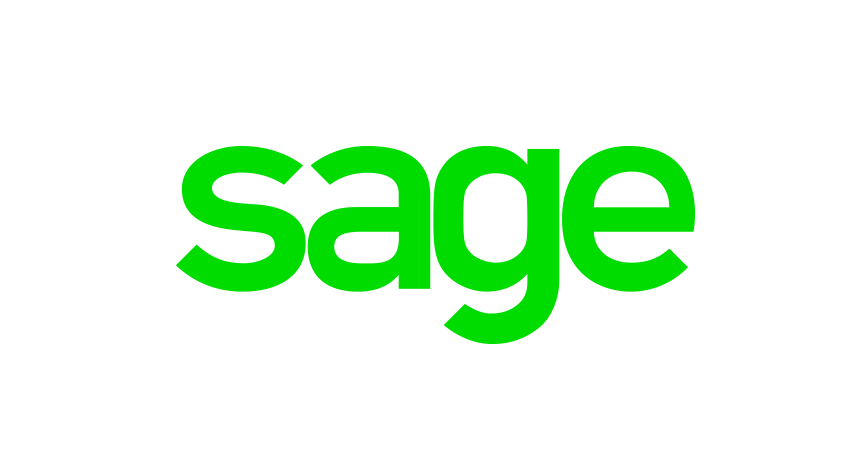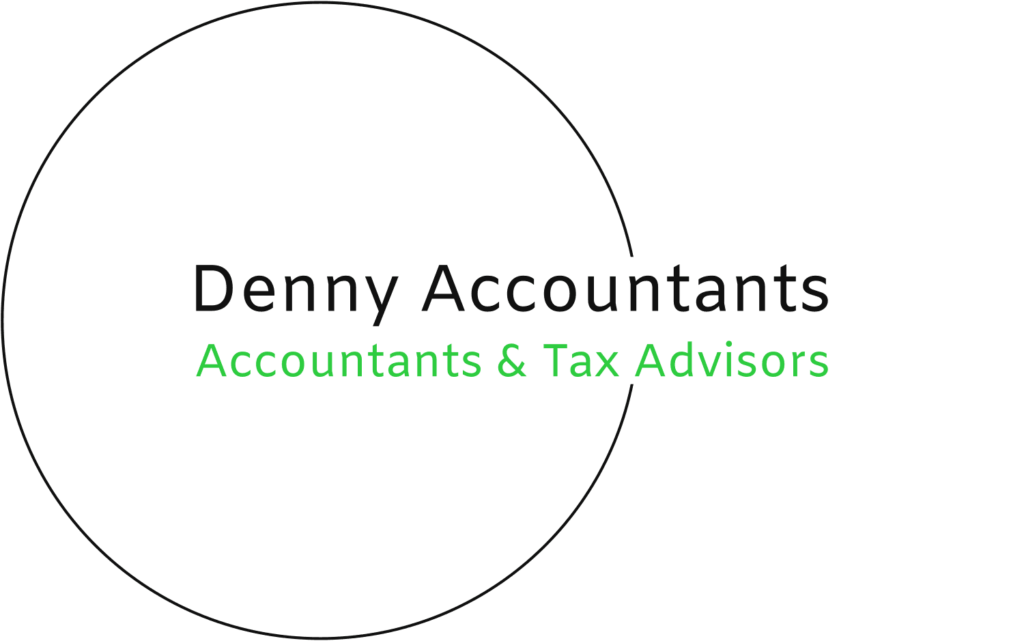
02.
Self Assessment & Form 11’s
Self-Assessment is a system which gives you greater control and responsibility over your tax affairs. It applies to people chargeable to Income Tax who are in receipt of income from sources which are not chargeable to tax under the PAYE system or where some but not all of their tax on these sources of income is paid under PAYE.
Self-Assesment applies for Income Tax Purposes to:
- Self-employed persons (i.e. people carrying on their own business including farming, professions or vocations)
- Persons receiving income from sources where some or all of the tax cannot be collected under the PAYE system, for example:
- Profits from rents,
- Investment income,
- Foreign income and foreign pensions,
- Maintenance payments to separated persons,
- Fees,
- Profit arising on exercising various Share Options/Share Incentives.
Under Self-Assessment there is a common date for the payment of tax and filing of Tax Returns, i.e. 31st October. This system, which is known as “Pay and File” allows you to file your return and pay the balance of tax outstanding for the previous year at the same time. Under this system you must:
- Pay Preliminary Tax for the current tax year on or before the 31 October each year.
- Make your Tax Return after the end of the tax year but not later than the following 31 October. This is known as the “specified return date”.
- Pay any balance of tax due for the previous tax year on or before 31 October.
- Pay any Capital Gains Tax on disposals made between 1st Jan and 30th Sept of the current tax year.

04.
PAYE – Issues for Employers
If you employ staff, you have obligations to the Revenue Commissioners. If you ignore these obligations, penalties and interest will soon be added to your employment costs!
Most penalties arise if you either:
- Miss certain statutory deadlines for remitting tax and Pay Related Social Insurance (PRSI) you have deducted from your employees, or
- Are late submitting returns to the Revenue Commissioners
Unfortunately ignorance is not bliss – make a late payment or forget to send off a particular return, and you will be penalised.
A reduction in the frequency of tax returns and payments for smaller businesses was introduced during 2006 and 2007. These simplified arrangements are being further extended to include newly eligible customers from 1 January 2010.
Businesses making total annual PAYE/PRSI payments of up to €28,800 became eligible to make their payments on a quarterly rather than monthly basis;
The benefits for qualifying businesses are two-fold:
- Improved cashflow by only having to make payments at the end of each quarter, 4 monthly period or 6 monthly period as appropriate.
- Reduced costs of administration through less frequent filing of tax returns.
Employee Benefits
If you provide employees with benefits, for example company cars and health insurance; be sure to watch out for the following:
- Identification is difficult – sometimes seemingly unrelated expenditure can be classified as a benefit, for example excessive staff entertaining.
- Benefits attract their own PRSI charge which has to be paid by employers each year.
- Benefits have to be declared to the Revenue Commissioners on specific returns which must be submitted on time to avoid penalties and interest.
Employers – other points of interest
- Small businesses are able to pay their deductions quarterly rather than monthly – this can help with cash flow especially for new ventures.
- Employers have to make their own PRSI contributions based on salary levels. This is added to tax and employees PRSI deductions when paid to the Revenue Commissioners each month/quarter.
Employees – make sure you only pay what you owe!
The tax deducted from your salary is calculated by taking away a proportion of your annual tax-free allowance from your salary and applying the appropriate tax rate to the difference. Most payroll systems are quite adept at calculating the tax due, but they rely on the tax office to issue a tax credit certificate to quantify your annual tax free allowance – this is the area where mistakes can be made and your tax bill increased unnecessarily.
Basically, the higher your tax credit the less tax you will pay, and vice versa. A few common errors are:
- Employers are sometimes slow in sending in details to the tax office when new employees start. This can delay the issue of a tax credit certificate resulting in excessive tax deductions.
- Employees who change their company cars for lower taxed models, or indeed stop using a company car will continue to be taxed based on last tax years information, unless the tax office is informed.
- The tax office will sometimes seek to recover unpaid tax in earlier years by reducing your tax credit in the current year. This deduction should always be checked to make sure the arrangement does not duplicate other payments that you may have made directly to the Revenue Commissioners .
The key to maintaining a tax credit is to make sure that changes are notified to the tax office quickly.
We are trained to advise our clients regarding all aspects of payroll preparation and compliance. In fact, we can offer a complete payroll service if you would like to outsource this time-consuming process.
We can also provide human resource consulting and advice on recruiting and retaining staff.
James Denny Accountants
Address:
10 Hawthorn Avenue,
Ballincollig,
County Cork.
Mobile Phone: 087-6722330
E-Mail Address: jim@dennyaccountants.com
